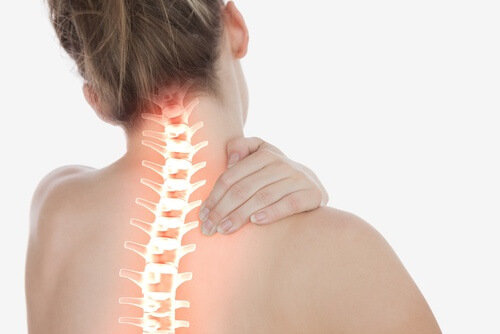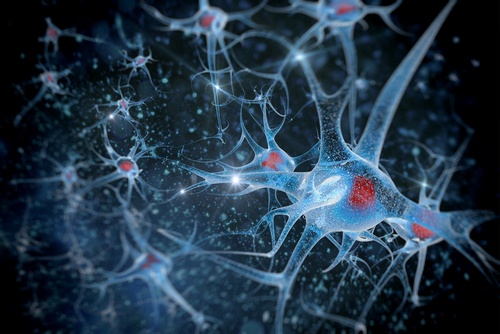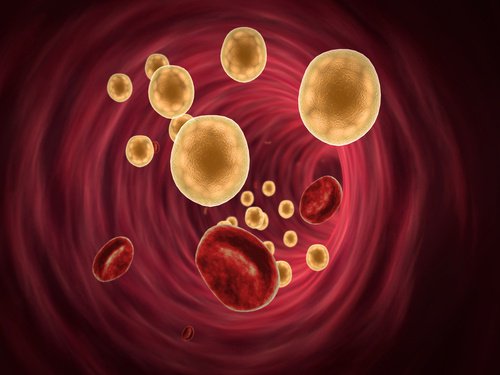8 Benefits of Drinking Beer in Moderation

Beer is a traditional beverage that is consumed in hundreds of countries around the world. Its characteristics and refreshing effects make it a popular choice for hot days, spending time with friends, or after finishing up with a day at work. Just like other alcoholic beverages, drinking beer too much or too often can be bad for your health.
But because of its nutritional properties, moderate beer consumption can actually have benefits for the body. Not many people know this, but beer only has 45 calories per 100 mL and is a great source of vitamins, minerals, and antioxidants.
So, today we’re going to go over 9 of beer’s main benefits, to remind you that it’s not so bad to have a beer every so often.
1. Drinking beer strengthens bones

Along with calcium, silicon is an essential mineral for maintaining bone health. Beer contains large amounts of this mineral, which can help increase bone density in older people.
Read more: How to Maintain Bone Density after Menopause
But drinking more than 2 glasses a day can also lead to an increased risk of bone fractures.
2. Healthier kidneys
One of the reasons you feel the need to pee after drinking a beer is because it has a diuretic effect. Because it’s 90% water, low in sodium, and has lots of potassium, drinking beer also stimulates the release of retained fluids.
Plus, thanks to the hops in it, drinking moderate amounts of beer reduces your risk of kidney stones by up to 40%.
3. Drinking beer prevents neurodegenerative diseases

Controlled beer consumption plays a role in creating new nerve cells, which help improve memory. The silicon in beer also helps eliminate the toxic metals involved in several degenerative diseases.
4. It’s anti-carcinogenic
One of the polyphenols in beer, xanthohumol, is a powerful antioxidant that may help prevent cancer cell growth. This is claimed by some recent research.
It also contains nutrients that work as good complements for hormonal treatments in women.
5. It’s an anti-inflammatory

Hops can also be a big help in controlling arthritis and other diseases involving excessive inflammation.
You might like: Good Habits to Boost your Intestinal Flora
6. It’s rich in vitamins and minerals
Grains like barley and wheat are used to make beer, along with water and yeast. The grains are full of nutrients that survive the brewing process. In fact, the fermentation and filtering process actually strengthens them.
Beer is a natural source of:
- B group vitamins (especially folic acid)
- Minerals (silicon, potassium, magnesium, calcium, selenium)
- Fiber
7. It may help control cholesterol

People who drink alcoholic beverages in moderation have higher levels of good cholesterol (HDL). This type of healthy fat reduces excess lipids in the blood, which can prevent clots and blockages.
8. It may help slow aging
The active compounds in beer control the body’s inflammatory processes and reduce the likelihood of developing chronic diseases.
It also contains a large number of antioxidants, molecules capable of preventing the damage caused by free radicals.
Basically, even though it can come with all the problems of any other alcoholic beverage, drinking small amounts of beer is actually good for the body.
Enjoy it as part of a nice, relaxing moment or have it a few times a week as part of your diet.
All cited sources were thoroughly reviewed by our team to ensure their quality, reliability, currency, and validity. The bibliography of this article was considered reliable and of academic or scientific accuracy.
Pedrera-Zamorano, J. D., Lavado-Garcia, J. M., Roncero-Martin, R., Calderon-Garcia, J. F., Rodriguez-Dominguez, T., & Canal-Macias, M. L. (2009). Effect of beer drinking on ultrasound bone mass in women. Nutrition. https://doi.org/10.1016/j.nut.2009.02.007
Stevens, J. F., & Page, J. E. (2004). Xanthohumol and related prenylflavonoids from hops and beer: To your good health! Phytochemistry. https://doi.org/10.1016/j.phytochem.2004.04.025
Zhao, H., Chen, W., Lu, J., & Zhao, M. (2010). Phenolic profiles and antioxidant activities of commercial beers. Food Chemistry. https://doi.org/10.1016/j.foodchem.2009.08.028
Chiva-Blanch, G., Magraner, E., Condines, X., Valderas-Martínez, P., Roth, I., Arranz, S., … Estruch, R. (2015). Effects of alcohol and polyphenols from beer on atherosclerotic biomarkers in high cardiovascular risk men: A randomized feeding trial. Nutrition, Metabolism and Cardiovascular Diseases. https://doi.org/10.1016/j.numecd.2014.07.008
Hobson, R. M., & Maughan, R. J. (2010). Hydration status and the diuretic action of a small dose of alcohol. Alcohol and Alcoholism. https://doi.org/10.1093/alcalc/agq029
Bamforth, C. W. (2002). Nutritional aspects of beer – A review. Nutrition Research. https://doi.org/10.1016/S0271-5317(01)00360-8
González-Muñoz, M. J., Peña, A., & Meseguer, I. (2008). Role of beer as a possible protective factor in preventing Alzheimer’s disease. Food and Chemical Toxicology. https://doi.org/10.1016/j.fct.2007.06.036
This text is provided for informational purposes only and does not replace consultation with a professional. If in doubt, consult your specialist.








